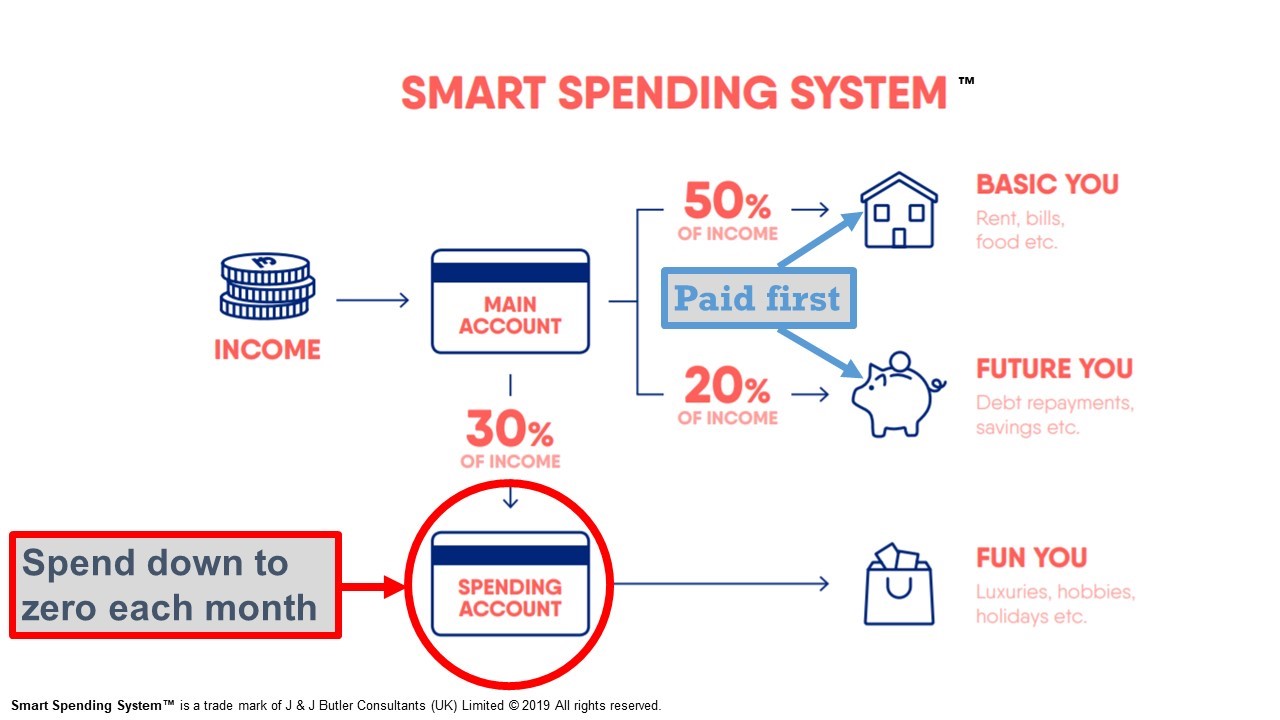
March 24, 2019, by John
I’m a poor student!!!
Last December, I was at the tram stop with my friend.
She suddenly pulled out 2 tea bags from her pocket. ‘Look what I’ve got! Two Twinings teabags from the leftover tea in class just now! I didn’t take the Lemon and Ginger one because I didn’t like it.’
I slowly reached into my pocket… and pulled out the lemon and ginger teabag. We all started laughing.
Being poor as a student is a real thing. Perhaps that is you today. At the University Open Days, you quickly take more teabags than you need, hoping no one sees you. You take all the leftover sandwiches, eating them for the rest of the week. You walk everywhere, instead of taking the bus.
I wanted to share with you 3 approaches that have helped me to manage my finances better.
Firstly, guard your time closely.
Time is finite, but money is infinite. Think about it this way. We can always print more money, but we will never be able to print more time. You cannot buy, sell, or trade time. What you have is finite.
Yet today, we spend much of our time on social media. Estimates suggest that if you spend 15 minutes on your phone a day, at the end of your life, you will spend an average of 2 years on your phone.
We will all die someday. As you lie in your casket, what are the eulogies you want to hear? ‘John was a man who liked all my Facebook posts, had a Snapchat with me every day, and live-streamed everything!’
How would you sum up how you want to be remembered for in 1 sentence? Work with the end in mind. Use your time judiciously in accordance of how you want to be remembered for. Slowly, we start to see a more significant (financial) return on our time.
Secondly, recognise that the biggest asset you have is yourself.
It is not your phone, your watch, or your stocks. It is you. Grow this asset. I like to think of myself as Iron-Man, slowly adding incremental upgrades to my capabilities. There are numerous free seminars and courses around the university that you can access. There are countless books that grow your understanding of the world. Increasing your knowledge daily is better than expecting a pay rise. Essentially, employment is trading your time, skills and knowledge for a sum of money. When you increase those skills, you increase the sum of money you can ask for. See yourself as a project that you are constantly working on, improving, growing and maturing.
Lastly, note the money you spend.
I record every expense in Wally, a personal finance tracker. Find one that works for you. But it is crucial that you note how much you spend each day. When we start being aware, we start asking – do I really need to spend £100 a month on eating out? Slowly, you can start working towards an amount that is feasible for you.
 So, guard your time carefully. Grow yourself as an asset. Recognise how much you are spending each month.
So, guard your time carefully. Grow yourself as an asset. Recognise how much you are spending each month.
John writes regularly at www.gutenhag.com.

Great tip of noting the money you spend. Careful budgeting can make all the difference to students struggling with their finances. Nice idea about spending your time well too, as this is a way to feel more in control.